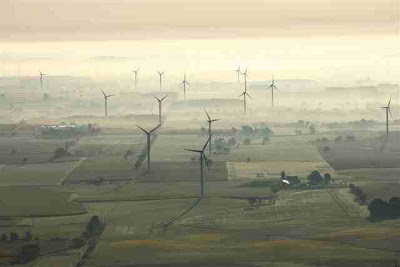Animation shows how solar electric and solar hot water systems work
From Focus on Energy:
It’s a great time to protect the environment, reduce your carbon footprint and save money in the long run. Do it all by installing a solar electric or solar hot water system.
Solar electric systems: capture solar energy and transform it into electricity. Click here to learn more and see how solar electric systems work.
Solar hot water systems: use the sun to heat water and then store it for extended periods, right on your property, making plenty of hot water available for showers, laundry and dishes. Click here to learn more and see how solar hot water systems work.
Right now, there are valuable financial incentives* available that can significantly reduce the cost of these systems:
+ 30% federal tax credit up to $2,000 (expires December 31, 2008)
+ Cash-Back Reward of up to 25% for project costs
+ Site Assessment co-funding of up to 60%
+ An additional $500 bonus for owners of Wisconsin ENERGY STAR® Homes or existing homes that have gone through the Home Performance with ENERGY STAR Program
+ For multi-family buildings or other businesses, implementation grants are available to install solar projectsVisit focusonenergy.com/renewable to learn more about solar and available financial incentives or to sign up for our Renewable eNewsletter.

